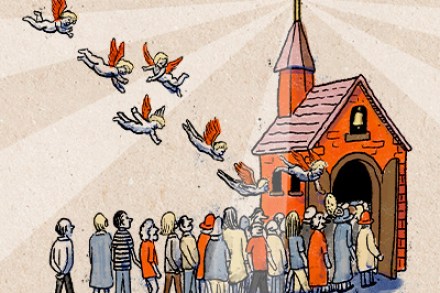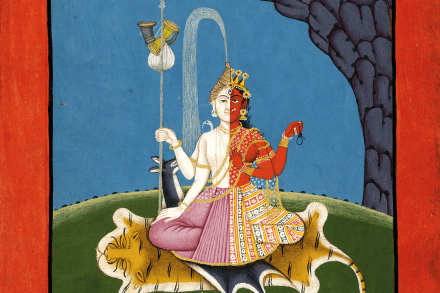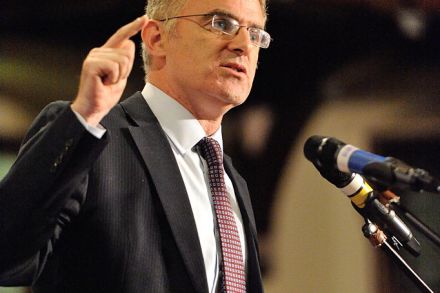What makes a ghost Catholic or Protestant?
W.H. Auden, in his essay on detective fiction, ‘The Guilty Vicarage’, asked: ‘Is it an accident that the detective story has flourished most in predominantly Protestant countries?’ He was thinking about confession and how this changes things. In Auden’s view, murder is an offence against God and society and when it happens it shows that some member of society is no longer in a state of grace. But confession gives a transgressor a means of returning to a state of grace, so the moral order can be restored without recourse to a policeman. You wonder: do ghost stories too flourish most in a Protestant (or formerly Protestant) society? There have




















